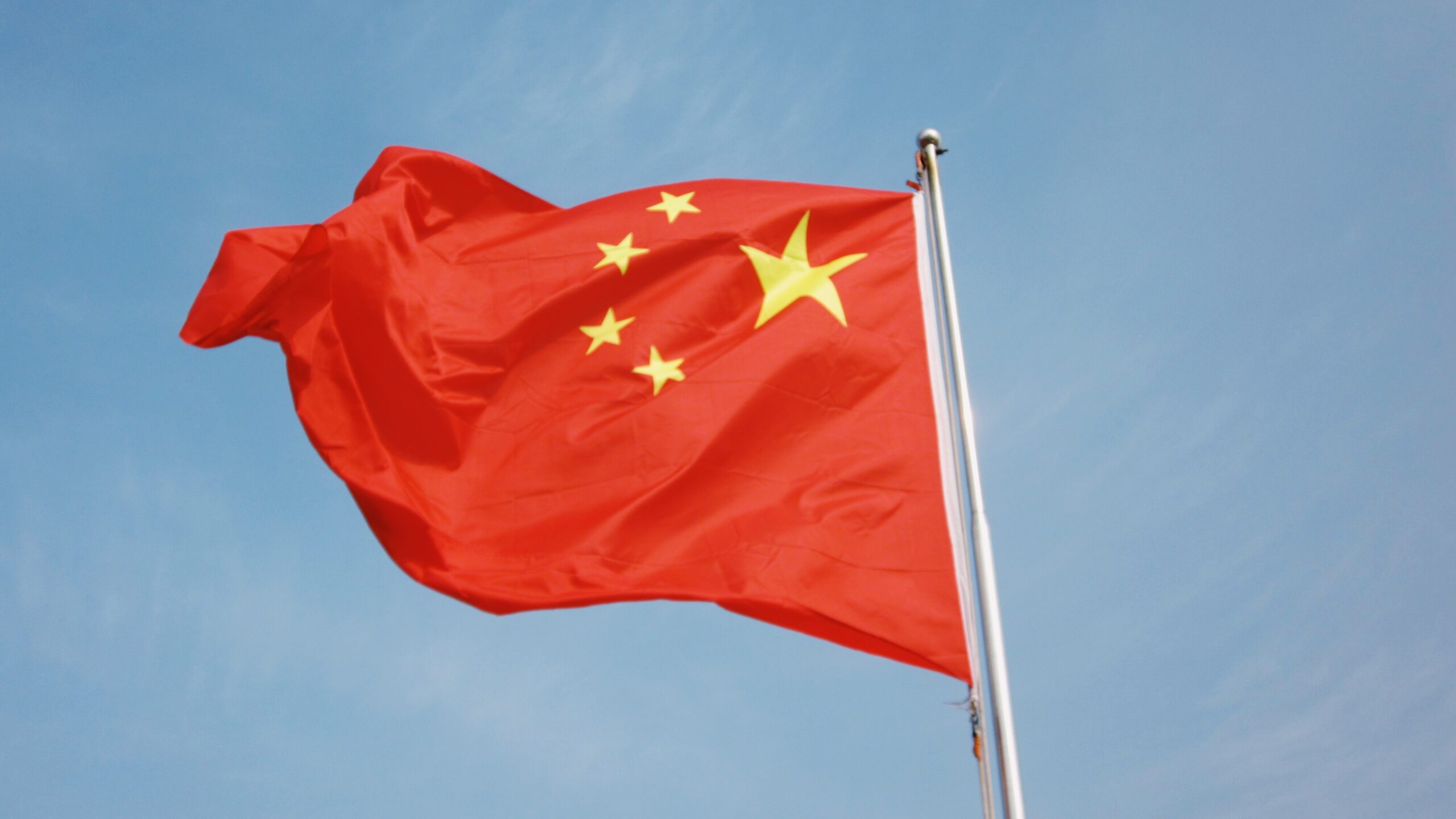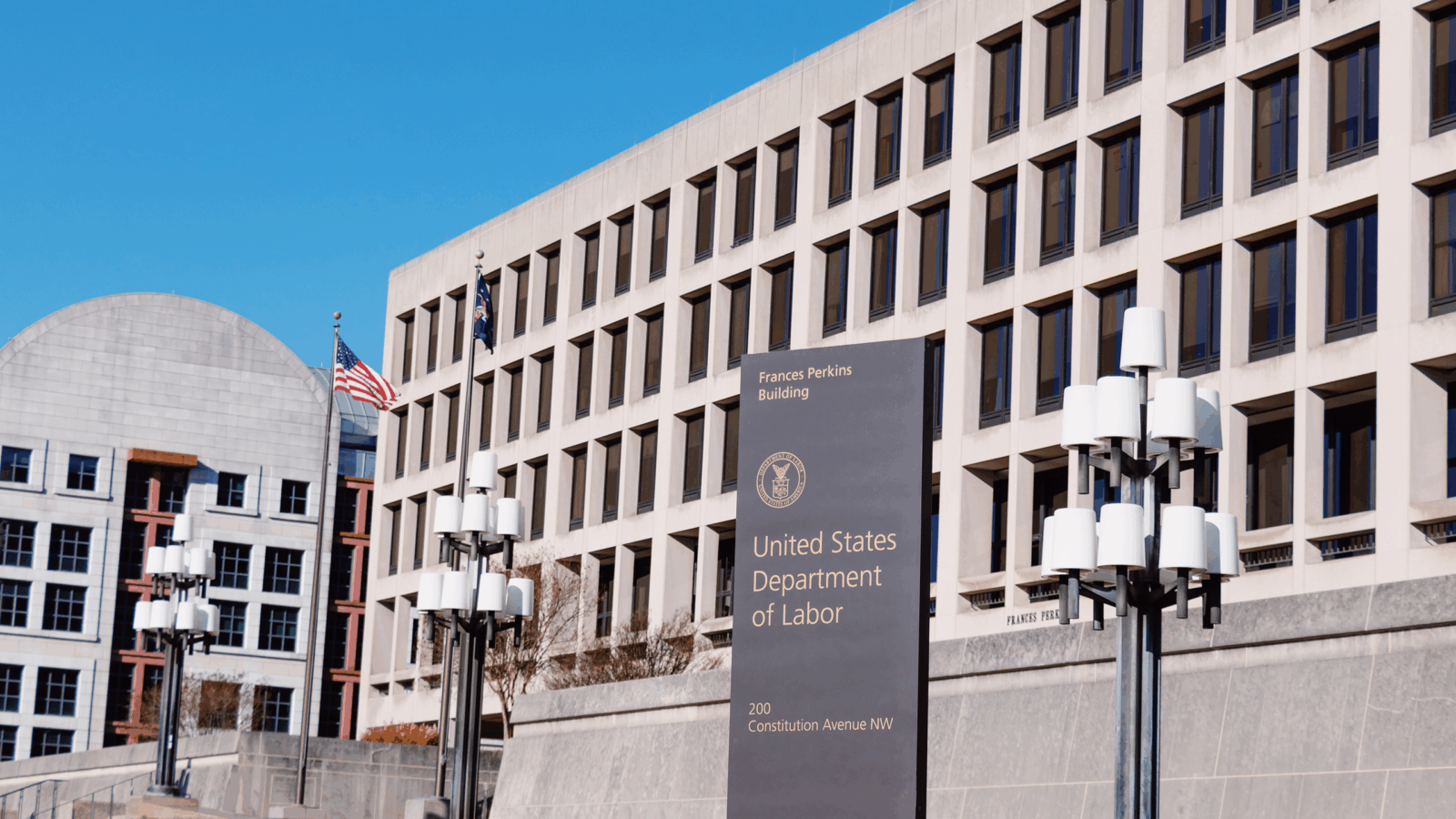Prices in China to Fall into 2025 Amid Deflationary Sputters
China will see middling returns into 2025 according to new data and a bank analyst report, which paints a grim future for its consumer sector.
Sign up for smart news, insights, and analysis on the biggest financial stories of the day.
The Middle Kingdom will see middling returns well into 2025, according to new data on China’s economy and a bank analyst report released Monday, which paints a grim future for its consumer sector.
‘Weaker for Longer‘
An increase in food costs due to inclement weather disruptions was the primary cause of a 0.6% increase in China’s consumer price index last month, up a smidge from 0.5% in July, according to data released by the National Bureau of Statistics on Monday.
That was a tenth of a percentage point short of forecasts, and if you strip out volatile food prices — which rose 2.8% year-over-year, unchanged from July — non-food inflation was a mere 0.2%, down from 0.7% in July. The latter figure highlights just how much China’s persistent housing downturn, chronic joblessness, and rising debt have dragged on the world’s second-largest economy, once an engine of growth. Bloomberg Economics predicts that a measure of prices across the economy that has dropped for five straight quarters — the so-called gross domestic product deflator — will continue to fall into 2025, making for the longest run of deflation in China since data tracking began in 1993. At the same time, Barclays analysts dropped a report Monday following a two-week trip to the country, and their verdict had an immediate warning for foreign companies:
- The bank’s analysts said China’s economy looks like it will be “weaker for longer” after they returned from a visit to malls, retailers, investors, and experts. “The sentiment on the ground was much more cautious than 6 months ago, as there is now a clear view that the Chinese weakness is structural,” Barclays analysts wrote in a report.
- Barclays downgraded Adidas, Burberry, and Gucci owner Kering as a result of the trip, noting they expect luxury goods sales to rise 4% in 2025, compared to an earlier estimate of 7%. The bank flagged the pop of China’s finance and property bubbles and the end of high GDP growth as reasons to be more cautious of consumer spending there.
The D Word: Chinese officials have pressured economists not to say “deflation,” but prominent policymakers have begun to break ranks with the senior command — a sign of how serious they find the situation. “I think right now they should focus on fighting the deflationary pressure,” Yi Gang, the former head of the People’s Bank of China, told a conference in Shanghai on Friday. “At this point, proactive fiscal policy and accommodative monetary policy are important.”












